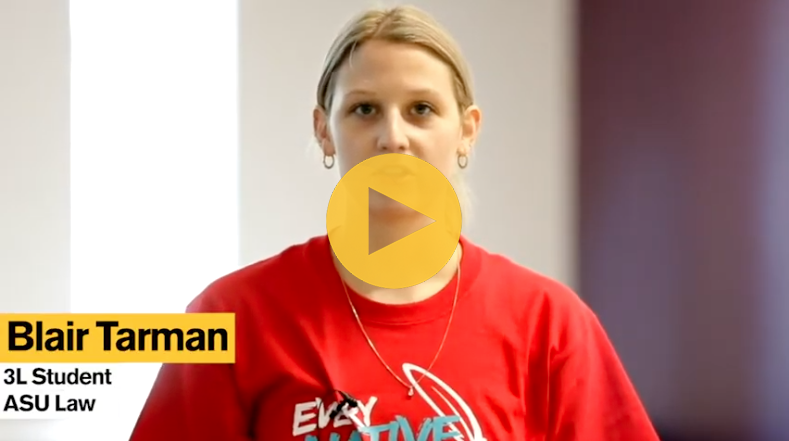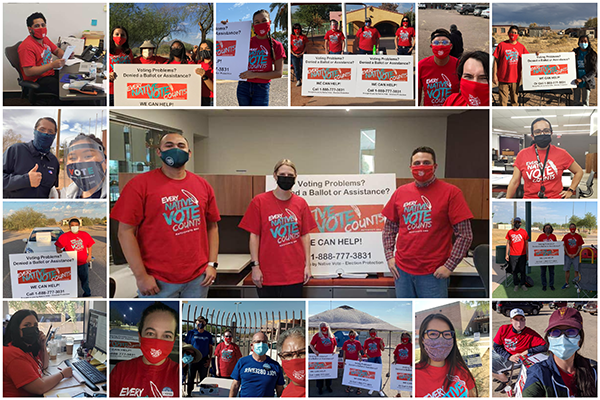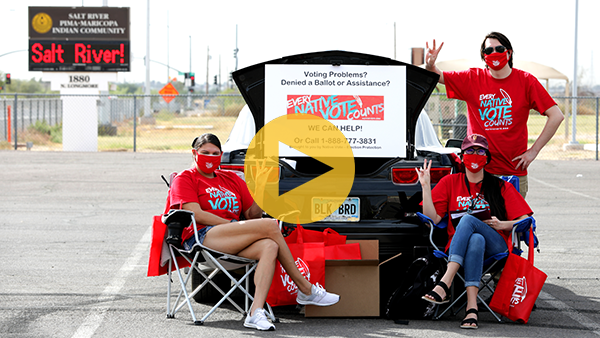Forest County Potawatomi Community
Milwaukee, Wisconsin
Summary: Provides legal analysis and counsel on policy, on all labor and employment issues concerning the business and government operations of the Tribe.
Duties and Responsibilities:
- Provides legal guidance and advice involving various areas of law.
- Reviews, researches, interprets, and prepares both written and oral opinions on a wide variety of legal issues with respect to employment, wage & hour, work safety, harassment and discrimination
- Drafts, reviews, and approves policies and procedures, regulations, bylaws, contracts, leases, and other legal documents; researches legal issues and recommends revisions as necessary.
- Maintains professional and technical knowledge by conducting research, attending seminars, educational workshops, classes and conferences.
- Other duties as assigned.
Requirements (Education, Experience, Knowledge, Skills, Abilities):
- Juris Doctorate from an American Bar Association accredited law school; Licensed to practice law in the State of Wisconsin. At least three years of legal experience in tribal operations preferred.
- Knowledge of corporate and/or governmental management and employment practices with eight years of experience in the field.
- Research and knowledge of federal, state, tribal, and local law.
- Ability to manage a number of priorities simultaneously.
- Ability to work extended hours and various work schedules.
- Seven years of experience preferred.
- Must maintain confidentiality.
- Other duties as assigned.
To apply, click here.
Share on facebook
Share on google
Share on twitter
Share on linkedin

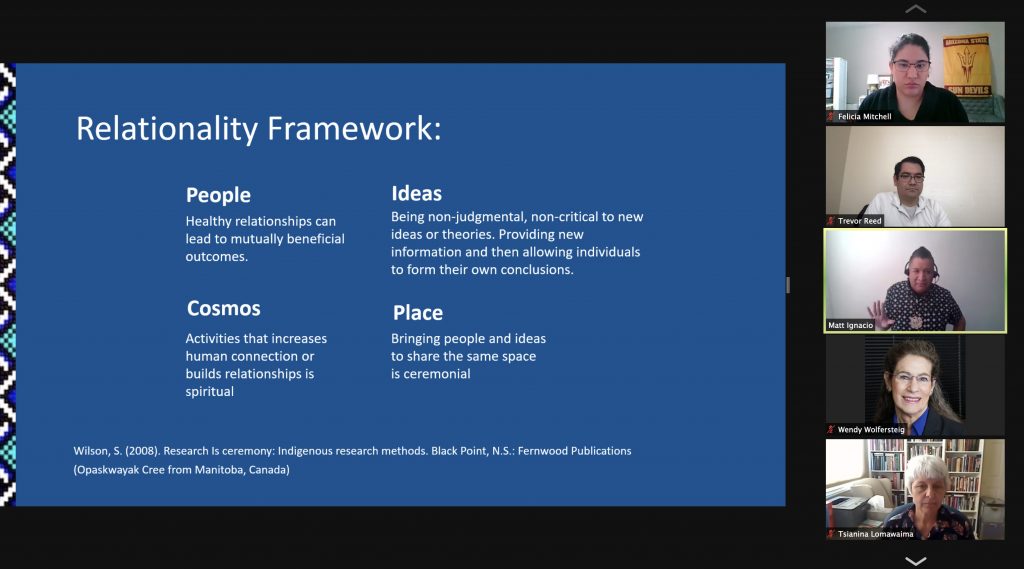
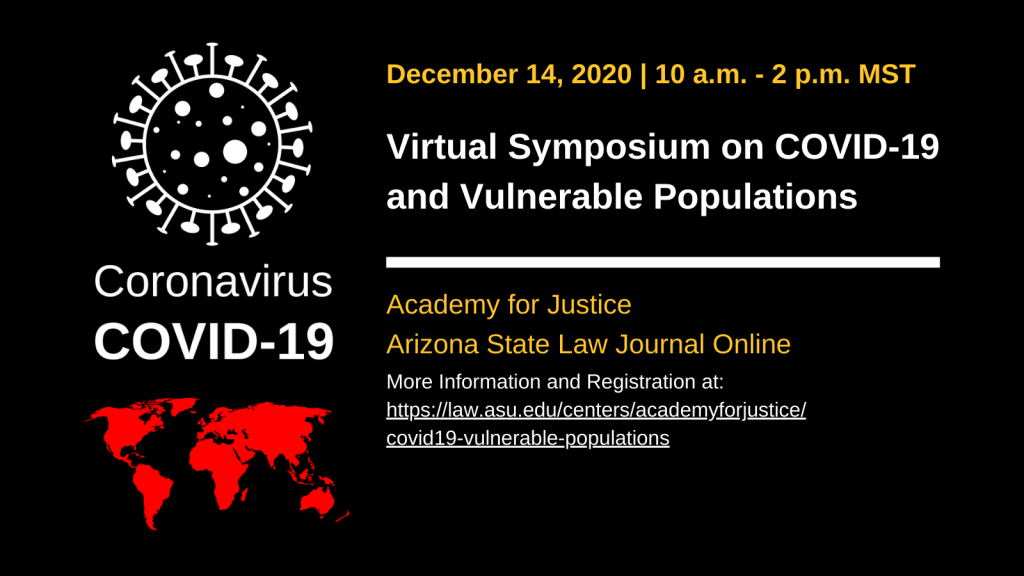
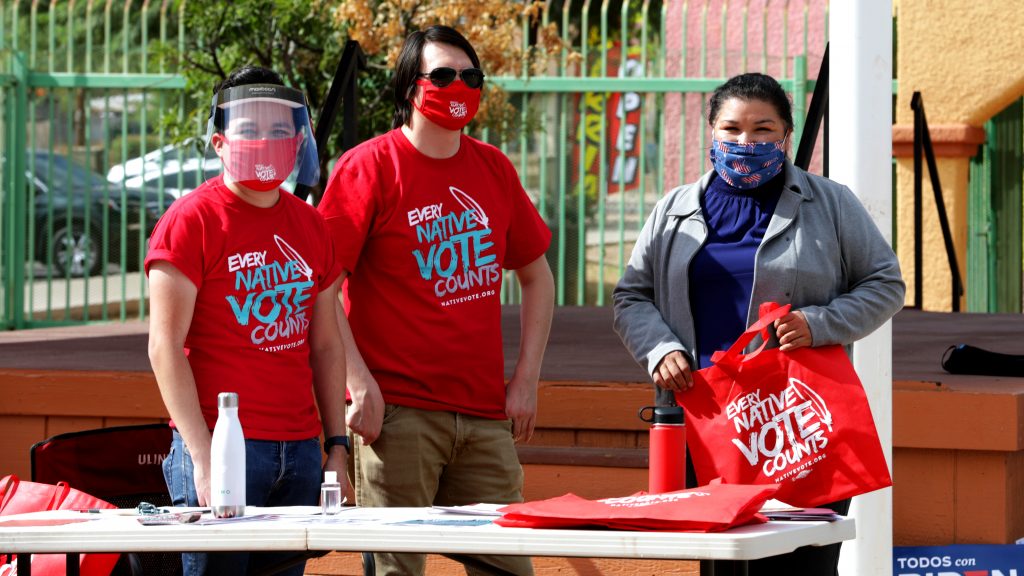
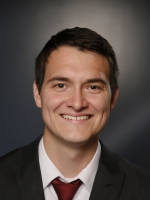
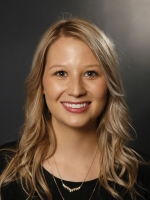 In her words, Blair Tarman writes:
In her words, Blair Tarman writes: